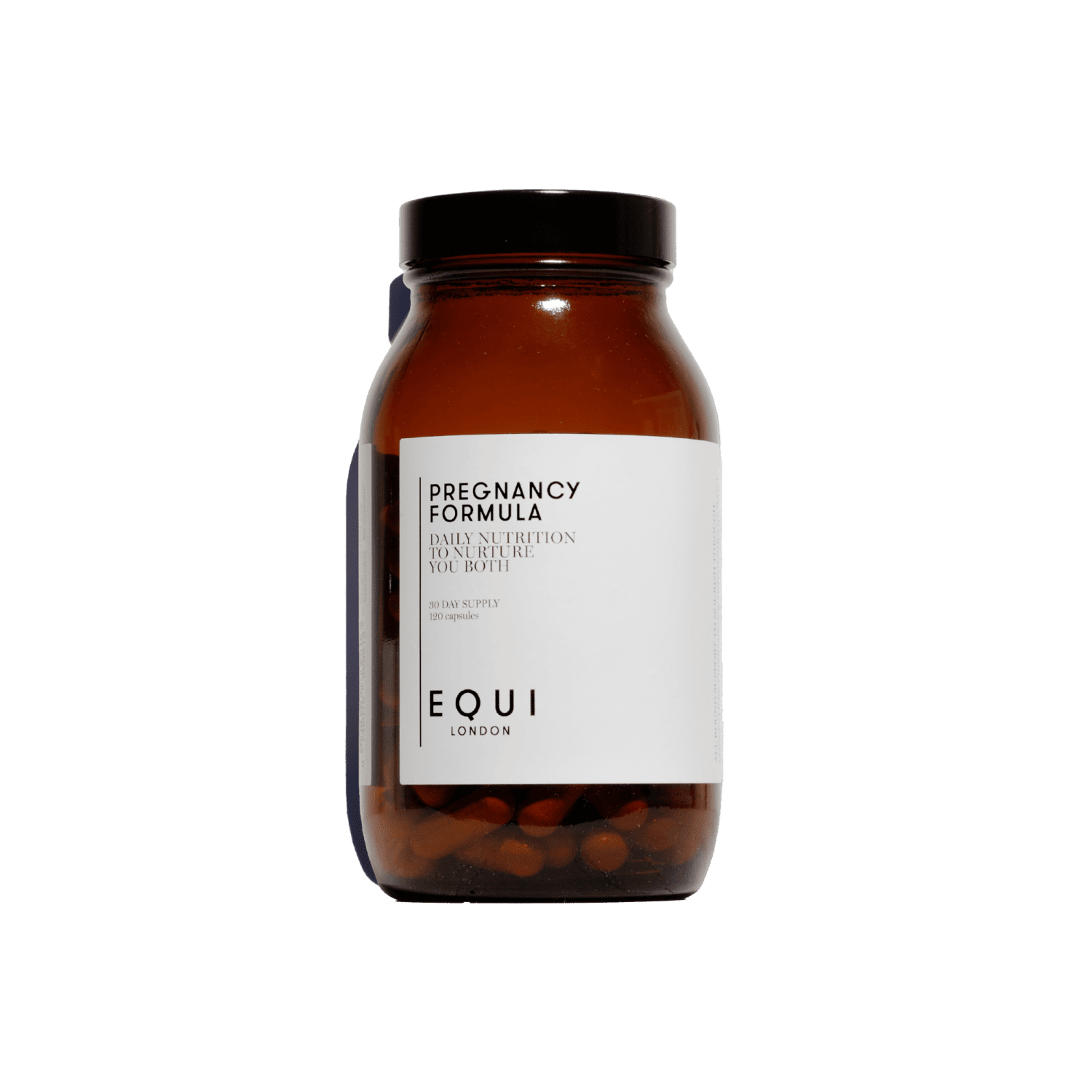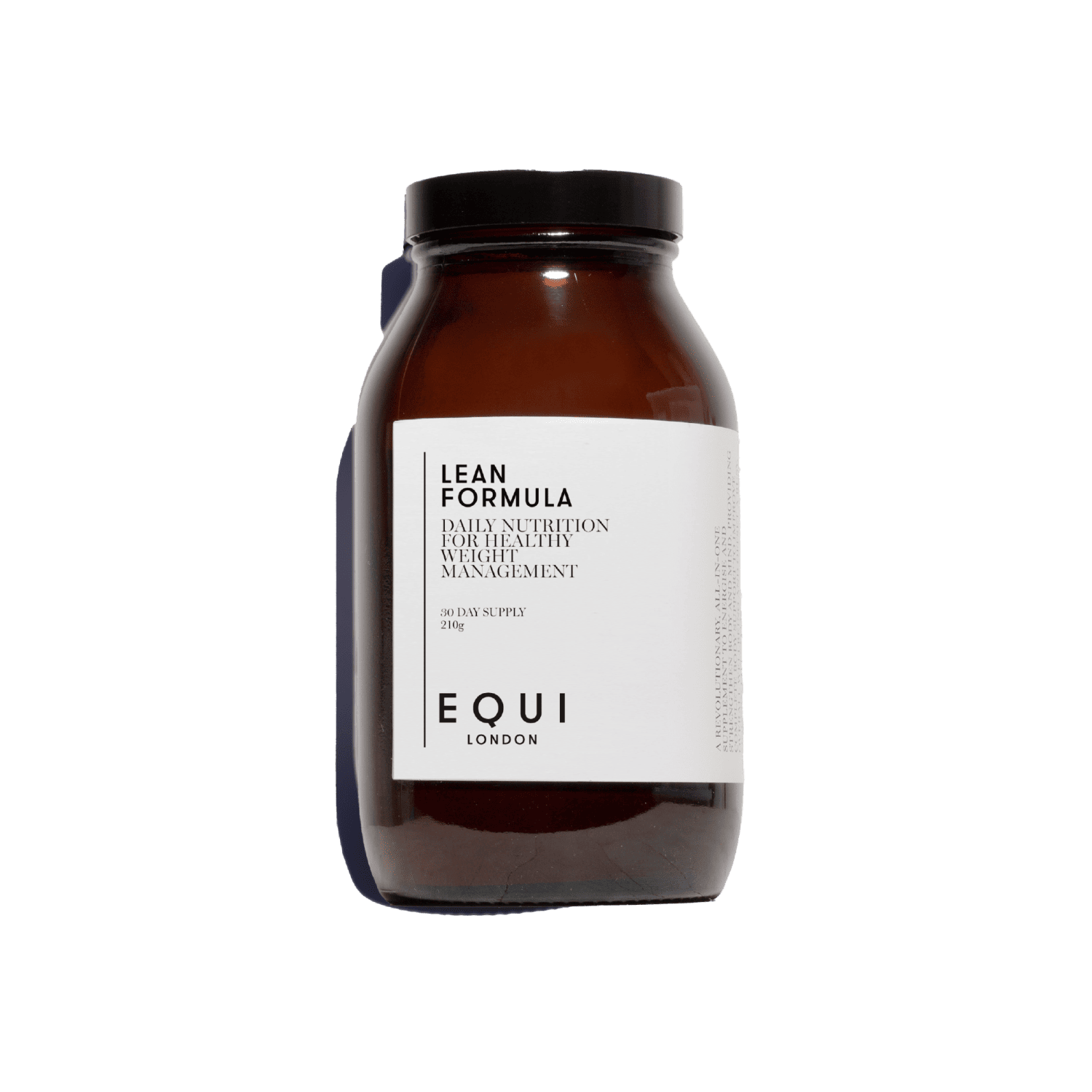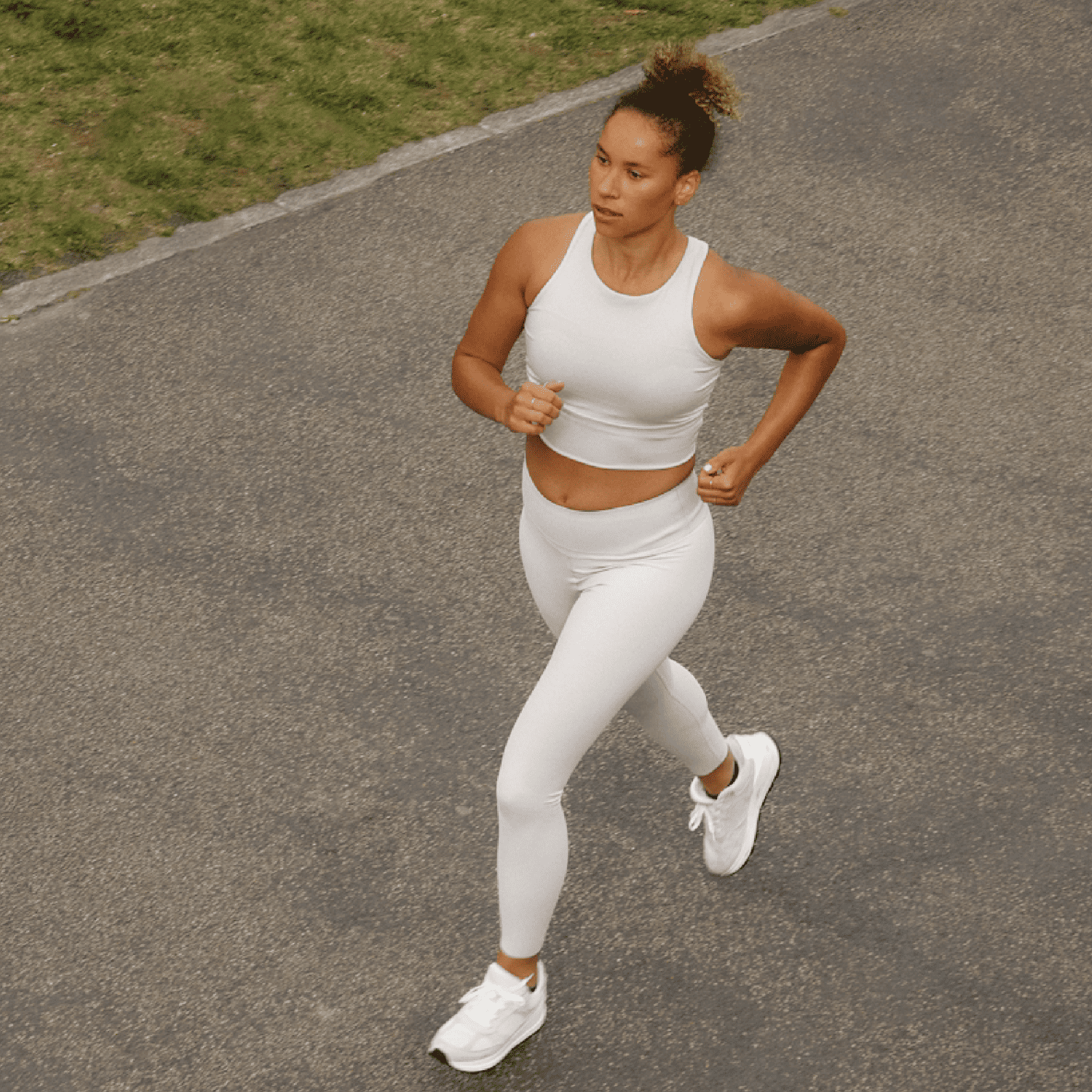
To all the globetrotters! We've all been there - landing in a new time zone buzzing with excitement, only to be hit with the disorientating reality that is jet lag!
You know the feeling, when your body clock stubbornly sticks to the home time zone and leaves you wide awake at 3am or nodding off mid-afternoon. Not the ideal way to kick off your well-deserved vacation or crucial business trip! Jet lag is that pesky sidekick of long-haul travel, the result of our internal body clocks – our circadian rhythm – getting a little (or a lot) out of sync as we cross multiple time zones. It leaves us feeling out of sorts and can even throw our digestion and appetite into a whirl. But fear not, travel-lovers! You don't have to let jet lag steal your holiday joy or productivity on business trips. In this blog, we'll dive deep into understanding jet lag and, more importantly, how to beat it! From the role of sleep to nutrition and key nutrients, we're covering it all. We're about to equip you with some seriously handy strategies to tackle jet lag head-on and make the most of your time away.
Understanding Jet Lag and Our Circadian Rhythm
Jet lag, also known as ‘time zone change syndrome’, is a temporary disorder resulting from air travel across multiple time zones, throwing our internal body clock, or circadian rhythm, off kilter. Our circadian rhythm is a 24-hour cycle that regulates numerous physiological processes, including sleep-wake cycles, body temperature, and hormone production (1). These rhythms are naturally synced to the rising and setting of the sun. However, when we cross several time zones in a short period, our internal body clock finds itself out of sync with local time, leading to a range of symptoms collectively termed as jet lag. Jet lag can manifest as daytime fatigue, difficulty concentrating, irritability, disturbed sleep (either insomnia or excessive sleepiness), and even gastrointestinal problems (2). These symptoms can last several days, typically the body adjusts at a rate of about one to two time zones per day.
But why does our body react this way?
When we cross time zones, our exposure to light changes. Light is the primary cue that influences our circadian rhythms, which is why when we change our light-dark cycle quickly (such as during a long-haul flight), it confuses our body's internal clock and results in the symptoms of jet lag (3).
The Importance of Sleep in Overcoming Jet Lag
There's nothing quite like the excitement of travel - exploring new destinations, experiencing different cultures, and stepping into different time zones. But with these adventures often comes the less than welcome companion: jet lag. However, a carefully managed sleep schedule can be a game-changer. Adjusting your sleep schedules to align with the destination's time zone can dramatically lessen the impact of jet lag. In this post, we're going to dive into what you should do before, during and after your flight!
Before…
One strategy is to start shifting your sleep schedule a few days before you travel. One study suggested that if you're traveling east, try going to bed an hour earlier each night. If you're headed west, aim for an hour later. This gradual shift can help acclimatise your body to the new time zone (4).
During…
Secondly, do try to catch some ZZZZs during the flight, especially when it’s long haul or it’s been an early start. Sleeping on the plane can be a bit of a challenge, but bringing along a sleep kit with earplugs, a sleep mask, and a comfortable neck pillow can make it easier. Avoiding caffeine and alcohol on the flight can also help promote better sleep quality.
After…
Once you've landed, try to get as much natural sunlight as possible. This can help reset your circadian rhythm to the new local time (5). According to a study, exercise can shift the circadian rhythm and help your body adjust to a new sleep-wake cycle (6). Combine the two by exercising outdoors to obtain some natural daylight to help beat jet lag! Additionally, exercise is a known promoter of better sleep quality (7), which can be particularly helpful when trying to adjust to a new time zone. That said, the timing of exercise matters. Exercising too close to bedtime can have a stimulating effect and make it harder to fall asleep, so it's usually recommended to complete workouts at least a few hours before you plan to sleep.
Remember, adjusting to a new time zone takes time, so don't push yourself too hard the first day. Stay patient, hydrated, and keep a positive mindset that your circadian rhythm will readjust with a little help!
Nutritional Tips to Combat Jet Lag
When it comes to conquering jet lag, hydration and healthy eating play a more significant role than many realise. With the dry environment of an aeroplane cabin and the physiological stress of travel, dehydration is a real risk (8). Staying adequately hydrated not only helps combat dryness but also assists in maintaining bodily functions and reducing fatigue. Consuming nutritionally balanced meals is equally important. According to a study, balanced meals rich in protein, complex carbohydrates, and healthy fats help keep your energy levels stable and assist in the regulation of your circadian rhythm (9). Often, plane food isn’t particularly balanced so prepare ahead by taking with you some healthier food options or snacks that you can add to on board meals to make them healthier. We recently shared some great flight snack options and discussed the importance of hydration in our how to bet the bloat blog post.
Certain foods can also help adjust our body clocks too. For example, foods rich in tryptophan (like turkey, nuts, and seeds) promote the production of melatonin, a hormone crucial for regulating sleep (10). Keep reading for more specific nutrients below! On the other hand, foods high in tyramine (like cured meats, aged cheeses, and fermented foods) can keep you alert, so they're best consumed when it's morning in your destination (11). Timing is also a factor. Synchronising mealtimes with your destination can help reset your internal body clock more quickly (12). Change the time on your watch or phone as you board the flight so that you can start to eat at times that make sense for the new local time. If it’s a long-haul flight, you may be able to ask for your meal to be held back and offered at a time you would prefer. Remember, everyone's body responds differently to dietary changes, so do listen to your body's needs, and adjust as necessary!
Nutrients to Alleviate Jet Lag
When dealing with jet lag, the disruption of your body's internal clock can lead to insomnia and other sleep disturbances, but did you know that what we eat can make a difference? Certain nutrients can help us adjust to new schedules more quickly and reduce the impact of jet lag. These nutrient powerhouses help our bodies regulate sleep, reset our internal clocks, and maintain our energy levels. They're found in common foods and supplements, making them easy to incorporate into our travel routines. So, whether you're a frequent flyer or an occasional globetrotter, keep on reading as we explore how the right nutrition can be your secret weapon against jet lag!
Magnesium - This mineral plays a key role in sleep regulation and can help improve sleep quality. Studies have shown that magnesium supplementation can help reduce insomnia symptoms, which can be particularly useful when dealing with jet lag (13). Foods that contain magnesium include seeds such as pumpkin seeds, most nuts including almonds and cashews, oats, wholegrains, legumes such as black beans and lentils, dark chocolate, avocado and tofu. We also recommend supplementing with magnesium as you may not obtain enough through diet alone, which is why all our Formula’s contain this key nutrient!
Calcium – When darkness falls, calcium levels in the body rise, triggering the pineal gland to convert serotonin into melatonin. This increase in melatonin signals the body that it's time for sleep so consuming calcium, therefore, can aid in the production of melatonin and help reset your sleep patterns more quickly. One study found that supplementing a combination of calcium and magnesium helped improve sleep quality in individuals dealing with sleep disorders (14). Calcium-rich foods include dairy products, green leafy vegetables, nuts, and seeds. Tahini is an often-overlooked fantastic source of calcium, as is small oily fish such as sardines, so if dairy free, you can still ensure you obtain good levels through diet!
It’s important not to supplement high levels of calcium (high would be considered 1000mg for example), so whilst we have included this mineral in most of our Formulas, we have ensured this is at just the right level.
Vitamin B6 (Pyridoxine) - Vitamin B6 aids in the production of serotonin, a neurotransmitter that's converted into melatonin. Increased intake of vitamin B6 may therefore help improve sleep quality and reduce jet lag. The richest sources include fish, beef liver and other organ meats, dairy and eggs. Those on a plant-based or vegetarian diet may obtain B6 from plant sources such as spinach, chickpeas, peas and avocado but supplementing is also a good idea. Some people have a greater need for B6 than others, but our Wellness and Beauty Formulas have you got you covered!
Tryptophan: An amino acid found in many protein-rich foods, tryptophan is a precursor to serotonin and melatonin. Often referred to as the 'sleep hormone,' melatonin plays a crucial role in regulating our sleep-wake cycles. To support melatonin levels, consuming foods high in tryptophan may therefore aid sleep and help adjust to new time zones (15). Tryptophan is best obtained through diet from protein-rich foods such as turkey, chicken, fish, dairy, eggs, nuts, and seeds.
Melatonin - Whilst B6 and tryptophan rich foods can increase Melatonin production, cherries, particularly tart cherries, are one of the few natural food sources of melatonin. Tart cherry juice has been associated with improved sleep quality and duration in both adults and children. One study found that consumption of a tart cherry juice concentrate provided an increase in melatonin that was beneficial in improving sleep duration and quality. The researchers concluded that tart cherry juice might be of benefit in managing disturbed sleep (16).
Omega-3 Fatty Acids - Research has indicated that omega-3 fatty acids can help regulate sleep patterns. Furthermore, they may help mitigate some of the cognitive effects of jet lag like memory and concentration issues (17). Fatty fish such as salmon, mackerel, and sardines are also high in vitamin B6 and provide vitamin D, which may also help increase levels of serotonin and melatonin. Whilst you can obtain omega 3 through foods, we recommend supplementing to ensure you get enough in.
Some of our products including Beauty, Pregnancy and Menopause Oil Editions, all contain good levels of omega 3 fatty acids. We have added 1000mg red krill oil into our Beauty Oil, whilst Pregnancy Oil contains 100mg EPA and 450mg DHA to support the baby’s brain development, and finally Menopause Oil Edition contains a whopping 808mg of omega 3! So, whatever life stage you are at, we have an Oil Edition to suit your needs.
References:
-
Roenneberg, T. and Merrow, M., (2016). 'The Circadian Clock and Human Health.' Current Biology, 26(10), pp. R432-R443.
-
Sack, R.L., (2010). 'Jet lag.' New England Journal of Medicine, 362, pp.440-447.
-
Golombek, D.A. and Rosenstein, R.E., 2010. 'Physiology of circadian entrainment.' Physiological Reviews, 90(3), pp.1063-1102.
-
Eastman, C.I. and Burgess, H.J., (2009). 'How to travel the world without jet lag.' Sleep Medicine Reviews, 13(2), pp. 241-255.
-
Rüger, M., et al., (2003). 'Times of Day: Circadian Rhythms and Actions of Vitamin D.' The Journal of Steroid Biochemistry and Molecular Biology, 85(4), pp. 323-327.
-
Yamanaka, Y., Hashimoto, S., Tanahashi, Y., Nishide, S.Y., Honma, S., Honma, K.I. (2010). 'Physical exercise accelerates reentrainment of human sleep-wake cycle but not of plasma melatonin rhythm to 8-h phase-advanced sleep schedule.' The Journal of Physiology, 588(Pt 4), pp. 567–579.
-
Kredlow, M.A., Capozzoli, M.C., Hearon, B.A., Calkins, A.W., Otto, M.W. (2015). 'The effects of physical activity on sleep: a meta-analytic review.' Journal of Behavioral Medicine, 38(3), pp. 427–449.
-
Hoyt, R.E., et al., (2019). 'In-Flight Hydration Habits and Knowledge of Commercial Pilots.' Aerospace Medicine and Human Performance, 90(3), pp.240-245.
-
Potgieter, S., (2014). 'Sport Nutrition: A Review of the Latest Guidelines for Exercise and Sport Nutrition from the American College of Sport Nutrition, the International Olympic Committee and the International Society for Sports Nutrition.' South African Journal of Clinical Nutrition, 27(1), pp.28-34.
-
Bravo, R., et al., (2013). 'Tryptophan-enriched cereal intake improves nocturnal sleep, melatonin, serotonin, and total antioxidant capacity levels and mood in elderly humans.' Age (Dordrecht, Netherlands), 35(4), pp.1277–1285.
-
Oike, H., et al., (2015). 'Tyramine pathway lessens hypothalamic leptin signalling and induces hyperphagia.' Nature Communications, 6, p.7663.
-
Kantermann, T., et al., (2007). 'The Effects of Shifting the Timing of Sleeping and Eating Patterns in Humans.' Chronobiology International, 24(5), pp.875-888.
-
Abbasi, B., et al., (2012). 'The effect of magnesium supplementation on primary insomnia in elderly: A double-blind placebo-controlled clinical trial.' Journal of Research in Medical Sciences, 17(12), pp.1161-1169.
-
Held, K., Antonijevic, I.A., Künzel, H., Uhr, M., Wetter, T.C., Golly, I.C., Steiger, A., Murck, H. (2002). 'Oral Mg(2+) supplementation reverses age-related neuroendocrine and sleep EEG changes in humans.' Pharmacopsychiatry, 35(4), pp. 135-143.
-
Bravo, R., et al., (2013). 'Tryptophan-enriched cereal intake improves nocturnal sleep, melatonin, serotonin, and total antioxidant capacity levels and mood in elderly humans.' Age (Dordrecht, Netherlands), 35(4), pp.1277–1285.
-
Garrido, M., Paredes, S.D., Cubero, J., Lozano, M., Toribio-Delgado, A.F., Munoz, J.L., Reiter, R.J., Barriga, C., Rodriguez, A.B. (2013). 'Jerte Valley cherry-enriched diets improve nocturnal rest and increase 6-sulfatoxymelatonin and total antioxidant capacity in the urine of middle-aged and elderly humans.' European Journal of Nutrition, 52(6), pp. 1523–1531.
-
Jansen, L., et al., (2019). 'Long-chain polyunsaturated fatty acids (LCPUFA) from genesis to senescence: The influence of LCPUFA on neural development, aging, and neurodegeneration.' Progress in Lipid Research, 74, pp.16-30.




